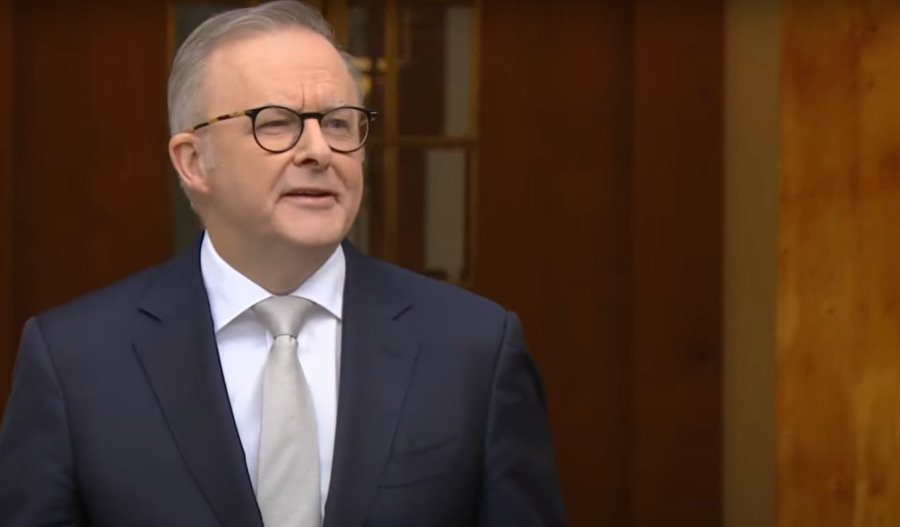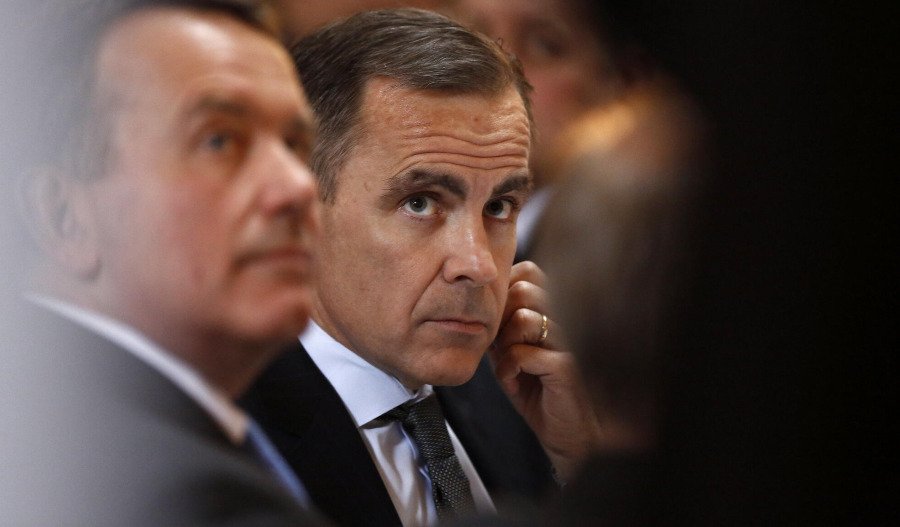Singapore has dissolved its parliament and called an election, as the country’s economy struggles with cost of living pressures and the United States’ tariffs.
The election will be held on 3 May, with the campaign officially beginning on 23 April. The country’s 97 parliamentary seats will be up for election, and voting is compulsory for Singaporean citizens.
“We are witnessing profound changes in the world. It is becoming more uncertain, unsettled and even unstable. The global conditions that enabled Singapore’s success over the past decades may no longer hold,” said Singaporean Prime Minister Lawrence Wong.
"That is why I have called this General Election. At this critical juncture, Singaporeans should decide on the team to lead our nation, and to chart our way forward together.”
While Wong’s conservative People’s Action Party (PAP) has governed Singapore since its independence, the opposition Workers’ Party saw its representation increase to a record 10 seats in 2020’s elections. The PAP won 83 seats that year, with its popular vote falling by 9% to 61%.
This will also be Wong’s first election as the leader of the PAP, with previous Prime Minister Lee Hsien Loong stepping down in May 2024. The election will feature a new electoral map submitted in January, increasing the number of constituencies from 31 to 33.
According to a January survey, voters’ main concerns included the cost of living in the country, as well as employment.
Singapore’s economy is also being heavily impacted by the tariffs recently imposed by the United States. The country’s Ministry of Trade and Industry is revising its 2025 growth forecast, and is likely to cut its expected growth rate from the previously projected 1-3%.
Just 44% of Singaporeans had decided which party they planned to vote for by the beginning of April, per a YouGov poll. A total of 33% said they had not decided, or would make a decision during the official campaign or voting periods.
Around 63% of decided voters said they would back the PAP, while 40% of all voters said they were PAP supporters.
Related content


